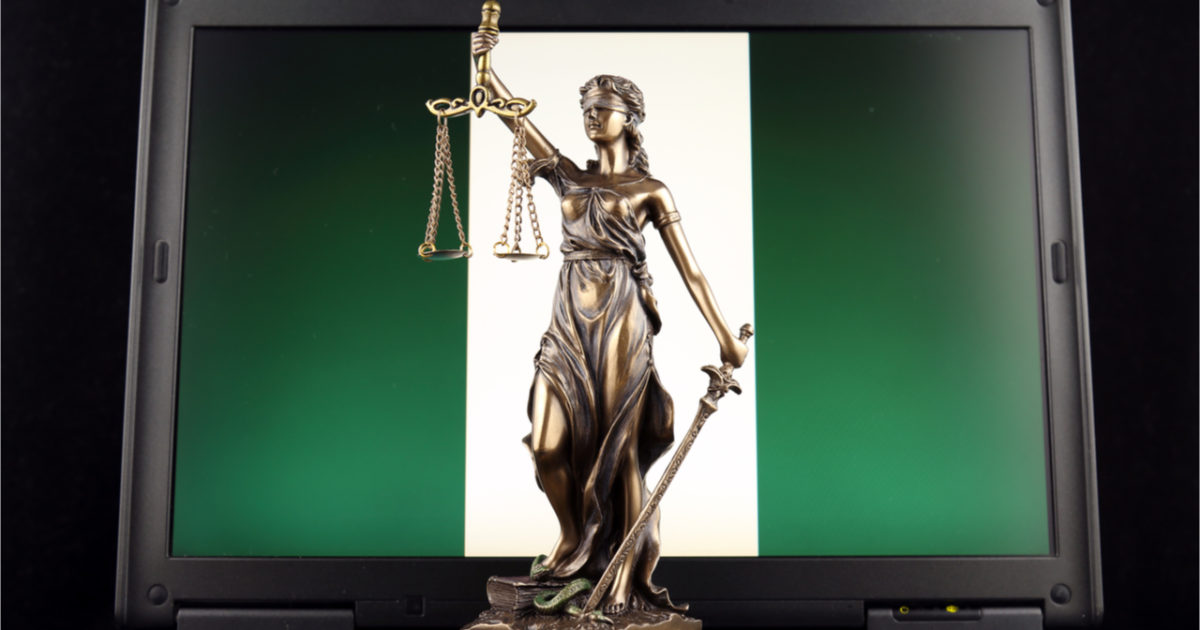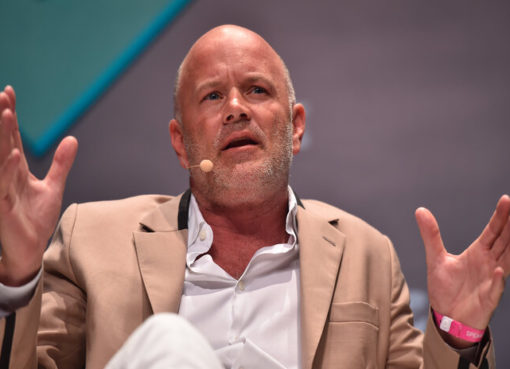The Nigerian blockchain advocacy group, the Stakeholders in Blockchain Technology Association of Nigeria (SIBAN), has said crypto is legit and must be regulated. The group adds that any such regulation should on one hand encourage innovation, but discourage bad actors on the other.
Equal Access to Banking and Financial Services
The Nigerian blockchain advocacy group, the Stakeholders in Blockchain Technology Association of Nigeria (SIBAN), has implored the Central Bank of Nigeria (CBN) to reconsider its decision to block crypto entities from the banking ecosystem. The group insists that “crypto is legit” and has subsequently started a Twitter campaign to get cryptocurrencies regulated.
In its statement released exactly a year after the CBN directive came into effect, the advocacy group called on various bodies and government ministries to play their part in ensuring cryptocurrencies become a recognized and regulated asset class. The statement also discusses the potential benefits of regulating cryptocurrencies.
“Today we advocate equal access to banking and financial services by virtual asset service providers (VASPs) without discrimination in accordance with the Nigerian Constitution, applicable laws, and particularly Nigerian laws on anti-money laundering and combating the financing of terrorism (AML/CFT) regulations. Amongst other benefits, this approach will aid investigations by our law enforcement agencies, including the Nigeria Police and the Economic and Financial Crimes Commission (EFCC),” SIBAN explained.
Joint Regulation of Crypto Assets
Still, in a move that might not please the CBN, the stakeholder group suggested that Nigeria’s Securities and Exchange Commission (SEC), as well as other relevant regulators, must be included in any attempts to regulate cryptocurrencies as per “their statutory duties under the laws of the Federal Republic of Nigeria.”
Before February 5, 2021, both the SEC and the central bank appeared to be overseeing the crypto industry, with the former having issued a circular that designated crypto assets as securities back in September 2020. However, following the move by the central bank, the SEC said it had suspended its circular and was in talks with the CBN.
The statement meanwhile lays out what SIBAN envisions will come from having a regulated cryptocurrency industry. It explains:
Regulators should adopt a regulatory approach that encourages innovation while discouraging bad actors, not all actors. While concerned about the risks often associated with crypto, the role of regulation is not to make risks disappear but manage them in accordance with global best practices and in collaboration with all concerned stakeholders, including industry players.
The statement added that SIBAN also cares “about consumer protection, investment safety, and a safe and sound financial system.” However, the group, which has volunteered to help, insists “no regulator in the world can do this alone.”
Do you agree that regulating cryptocurrencies is beneficial to Nigeria? Tell us what you think in the comments section below.
Image Credits: Shutterstock, Pixabay, Wiki Commons
Disclaimer: This article is for informational purposes only. It is not a direct offer or solicitation of an offer to buy or sell, or a recommendation or endorsement of any products, services, or companies. Cryptox.trade does not provide investment, tax, legal, or accounting advice. Neither the company nor the author is responsible, directly or indirectly, for any damage or loss caused or alleged to be caused by or in connection with the use of or reliance on any content, goods or services mentioned in this article.




